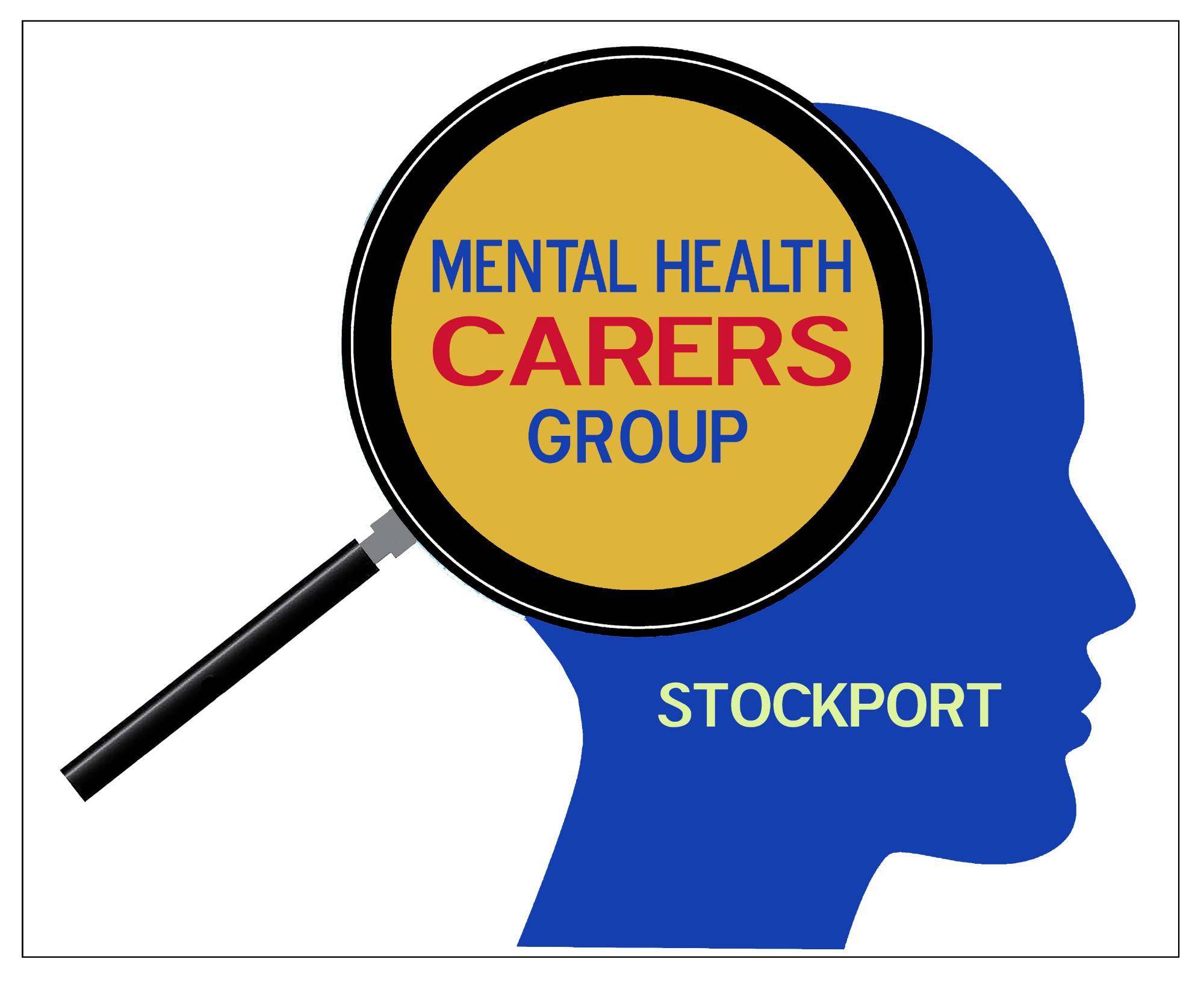OptiMed research unit carries out medicines optimisation and safety research to benefit people with mental illness. We involve people from all communities across Greater Manchester.
OptiMed was founded in 2022 and has a core team of different health professionals who work together: Richard Keers (pharmacy), Petra Brown (pharmacy), Jo Stucke (nursing) and Sarmad Nadeem (medicine).
What do people from under-served communities with mental illness in Greater Manchester think are the priorities for research into the best and safe use of medicines?
This feature his been written by Richard Keers and the project team: Petra Brown, Andrew Grundy, Sally Giles. Updated October 2024.
Hello, my name is Richard. In this feature I talk about a project to find new targets for research into the best and safe use of medicines for people with mental illness from under-served communities in Greater Manchester. I'm a mental health pharmacist and work as a researcher at the University of Manchester and Pennine Care.
My research looks at the best ways of supporting people with mental illness and health care staff to use medicines in the community, hospitals and prisons. In this feature, I explain why this project was needed, how it was done, what we found and how we hope this work will help people in the future.
Who are OptiMed
We are the optimising outcomes with medicines (OptiMed) research unit. Our ‘OptiMed’ unit brings together researchers, health professionals and people with lived experience who have a shared passion for improving the lives of people with mental illness through the best and safest use of medicines. ‘
OptiMed is a research partnership from across Pennine Care NHS and the University of Manchester.
What is the issue
Medicines play an important part in the care of people with mental illness but can also cause problems if they are not used in the best way.
Although there has been some research to find out what the main issues are around the best and safe use of medicines for people with mental illness, this does not represent the experiences of all communities.
In fact, some communities who have not had much research attention are also those who may have very different, and often greater, need for mental health care than others.
These communities may be called ‘under-served’ and for this project we thought they could include those from ethnic minority backgrounds, the LGBTQI+ community, older or younger age groups, and others. Read more about ‘under-served’ communities.
It is vital that research is done to find out what medication issues these ‘under-served’ communities think are the most important to them for future research.
What did we do about it
We were grateful to be given funding in 2023 by the National Institute for Health and Care Research (NIHR) Greater Manchester Clinical Research Network to do work in this area. As of 1 October 2024, the Clinical Research Network has become part of the NIHR North West Research Delivery Network.
First, we spent time getting to know groups and organisations across Greater Manchester who represented people from under-served communities with mental illness.
These organisations included Greater Manchester Mature Minds Matter, The Anthony Seddon Fund, Stockport Mental Health Carers Group, and ReThink Mental Illness Manchester Group. We reached out using email and visited them at meetings to talk about our project.
Afterwards, we organised three public workshops during September and October 2023 and invited people from these groups to join us. Seventeen people attended these workshops.
At these workshops, we asked people two main questions:
- What are your priorities for research into the safe and effective use of medicines for people from underserved communities with mental illness?
- What could be put in place to help people from underserved communities get more involved in this research in future?



What did we find
At the workshops, people told us their main targets for future research to improve the safe and best use of medicines.
|
Patient knowledge and education about medicines |
When and how should I take the medicine? When should I not take the medicine? What is the safety of the medicine in the longer term? |
|---|---|
|
Health care staff knowledge, education and ways of working around use of medicines |
How are decision made by professionals about medicines, and what can affect these decisions? How can health care staff work better together? |
|
Addressing stigma and discrimination |
Stigma and discrimination may be around medicines as well as mental illness. We also need to consider ageism and sexism. We need to make mental illnesses ‘human’. |
|
Different cultures and communities: how can they help or cause problems? |
We need to better understand the value of families and communities in support care with medicines. A better understanding of mental illness across cultures and communities could help with medicines. |
| Exploring other forms of treatment |
What role can psychedelics and psychological therapies have? Are medicines always the best option? What is the influence of culture and illness experience on use of medicines? |
|
Improving care as people move between services, and making sure care meetings their needs |
How can we use limited resources in the best way? How can we avoid patients being ‘passed’ between services? How can primary care be better supported? |
|
Seeing the most benefit from information technology (IT) in health care |
How can IT help us make the best decisions around medicines? Are there tools for use by health professionals and in people’s own homes like apps? How can we better link up NHS services? |
| Using media (TV, radio and social media) to engage different communities |
Different ages and cultures may respond differently depending on the media you use. Digital exclusion is important to think about. |
During the workshops, people also talked about things they throught ‘got in the way’ of them getting involved in this type of research. These are:
- I do not have the confidence to get involved, the idea makes me anxious
- Will I be supported to take part – thinking about my illness and costs
- Don’t know much about research, or where to find out more
- Will language, literacy, and jargon be a problem?
- Does the research treat me as an individual, reflecting me and my views?
- Will stigma and cultural barriers affect my involvement?
Finally, people also talked about ways that researchers could help people from under-served communities with mental illness to learn more about and get more involved in research.
|
Better awareness of research and change people’s attitudes |
What is research and what’s involved? What does research ‘look like’? What good can come from research? |
|---|---|
| Build trust and team working relationships with communities |
What is the benefit to the community? Can you visit the community in person? Don’t just take what you want and leave |
| Exploring the role of other organisations to bring us together |
What about charities – trust important What about mental health trusts? |
|
Helping people have a positive experience of research |
Research is not ‘done to me’ Research is important to me and others Respect and sensitive engagement |
|
Research must involve patients, carers and communities in a meaningful way |
Involve me right from the start – ideas Pay me properly for my time and expenses Involve me in the research process |
| Can we improve the accessibility of research |
Consider languages and literacy skills Use different formats to communicate information and consider culture |
What does this mean for the future
By doing this work, we wanted to make sure our future research was shaped by the views and needs of the people we are trying to help.
Working this way will help us make sure our future research delivers what local communities and health services want, and has the best chance of improving care. We are already planning our next project based on what we found here.
We have shared what we found at conferences, with the Greater Manchester Clinical Research Network who funded this project, and using this feature.
We hope that other people working in health care, charities and at universities can use what we found to help them design new projects and services that improve the care of people with mental illness from under-served communities.